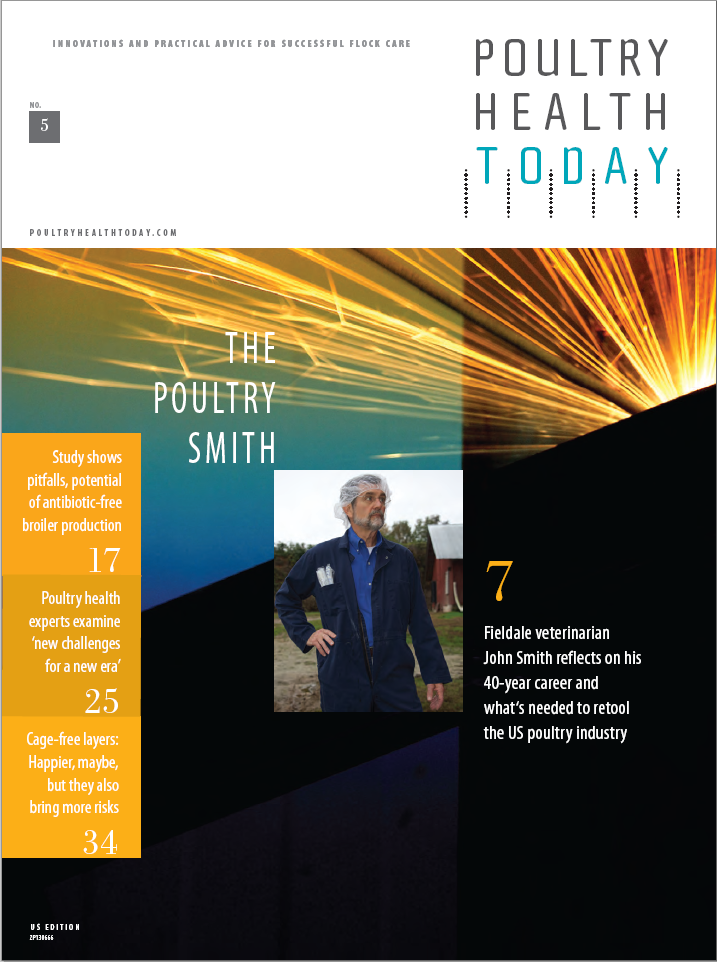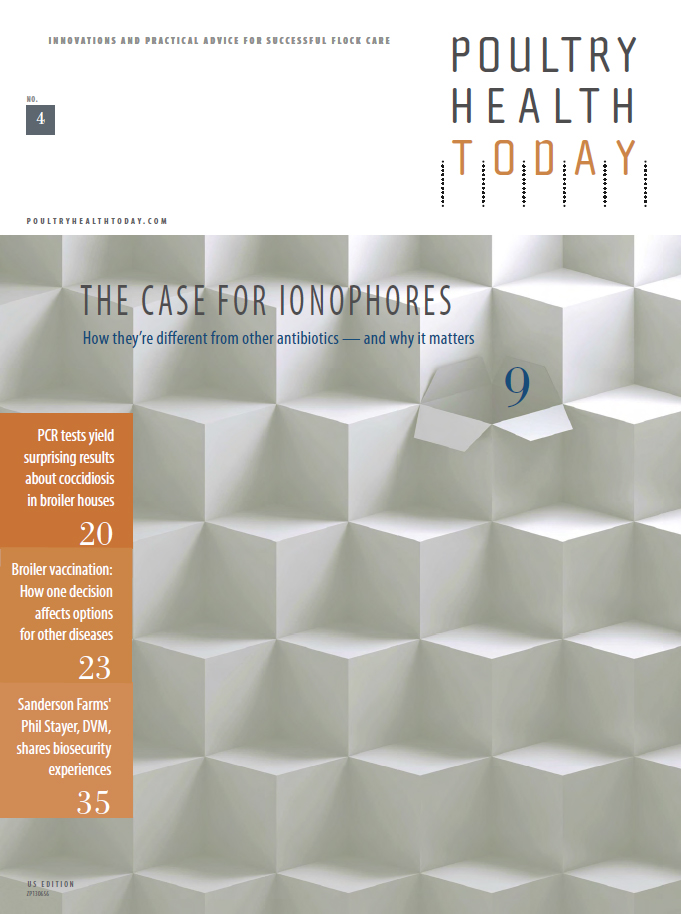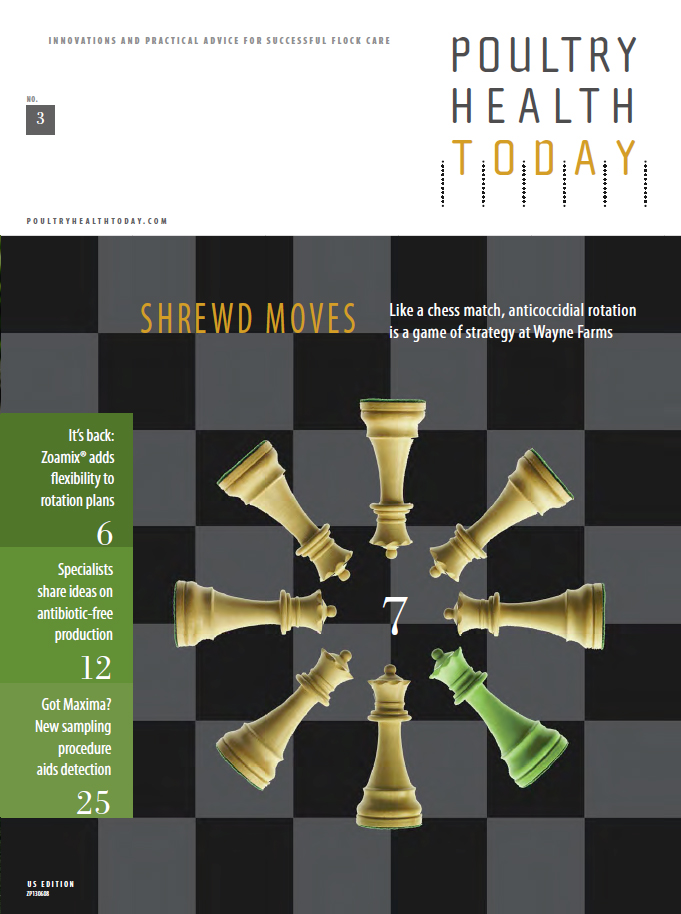

Timing may affect accuracy of in ovo vaccination

The coccidiosis vaccine Inovocox® EM1 was more precisely deposited to embryos when the vaccine was administered at 18.5 versus 19 days of incubation, indicates a Zoetis-sponsored study from Mississippi State University.
Investigators injected the vaccine, which contains live oocysts of Eimeria acervulina, E. maxima and E. tenella, into broiler eggs with an automated multiple-egg injector at 18.5 or 19 days of incubation. The results were compared to those of control eggs injected with a diluent on the same days of incubation, Adebayo Sokale, a graduate student at Mississippi State University, said at the 2014 International Poultry Scientific Forum.
Sokale and colleagues evaluated several values after vaccination and found that the vaccine was deposited in the amnion in 88% of embryos injected on 18.5 days compared to 73% of embryos injected at 19 days of incubation, Sokale said.
The scientists noted significantly higher birthweight (P = 0.002) and yolk-sac weight (P = 0.001) in hatchlings that received the vaccine at 18.5 days of incubation. Relative intestinal weight was highest in chicks injected with the diluent at 19 days of incubation. The mean embryonic-stage score was 2.44 in the group vaccinated at 18.5 days and 3.24 in the group vaccinated at 19 days of incubation, the researcher said.
Besides more precise deposition of the vaccine at 18.5 days of incubation, the results indicate that developmental differences occur, depending on the day of administration, that may affect the subsequent response of hatchlings to the coccidiosis vaccine, Sokale said.
More Issues












